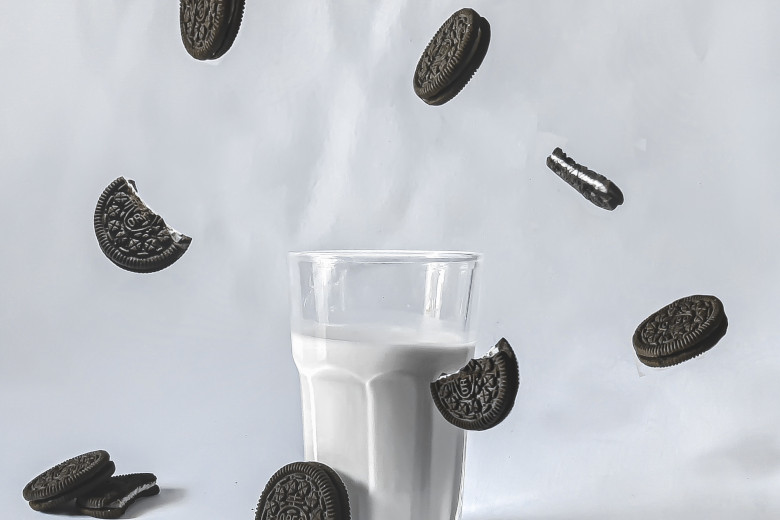
In light of recent backlash from Sweden and Norway, Mondelez issued a statement saying it is further reducing its activities in Russia. The countries are boycotting the manufacturer’s confectionery ranges in response to its continued presence there. Ukraine earlier stated that, by continuing to do business in Russia, the company was “supporting the war”. In addition to scaling down operations, Mondelez now says it plans to have its Russia business as a stand-alone operation by the end of the year.
Mondelez scaled down its activities in Russia, which included discontinuing new capital investments, new product launches and any advertising spending. This led to a double-digit volume decline on the market. The company stated it continues to reduce its activities and “expect further volume and sales declines as we work to make our Russia operations self-sufficient. We plan to have the Russia business stand-alone with a self-sufficient supply chain before the end of the year.”
Mondelez said in an announcement: “Since the beginning of the war, we have condemned this brutal aggression against Ukraine. Our thoughts remain with all those around the world with family, friends, and loved ones who have been impacted. We are constantly supporting our colleagues in Ukraine and have invested in repairing and rebuilding our local manufacturing facilities which have now returned to operations. To help the Ukrainian people, we have continued to increase our now USD 15 million commitment via the Mondelēz International Foundation to support the country, Ukrainian citizens as well as refugees, with cash and in-kind contributions.
There are no easy decisions, but, like most other global food and beverage companies, we are continuing to provide food during these challenging times, focusing our operations in Russia on affordable, shelf-stable products that are daily staples for ordinary people.
If we suspended our full operations, we would risk turning over our full operations to another party who could use the full proceeds for their own interests. It would mean cutting off part of the food supply for many families who have no say in the war. It would also create great uncertainty for our ~3,000 colleagues and more than 10,000 farmers who depend on us.”
Photo: Pexels
Related articles:


